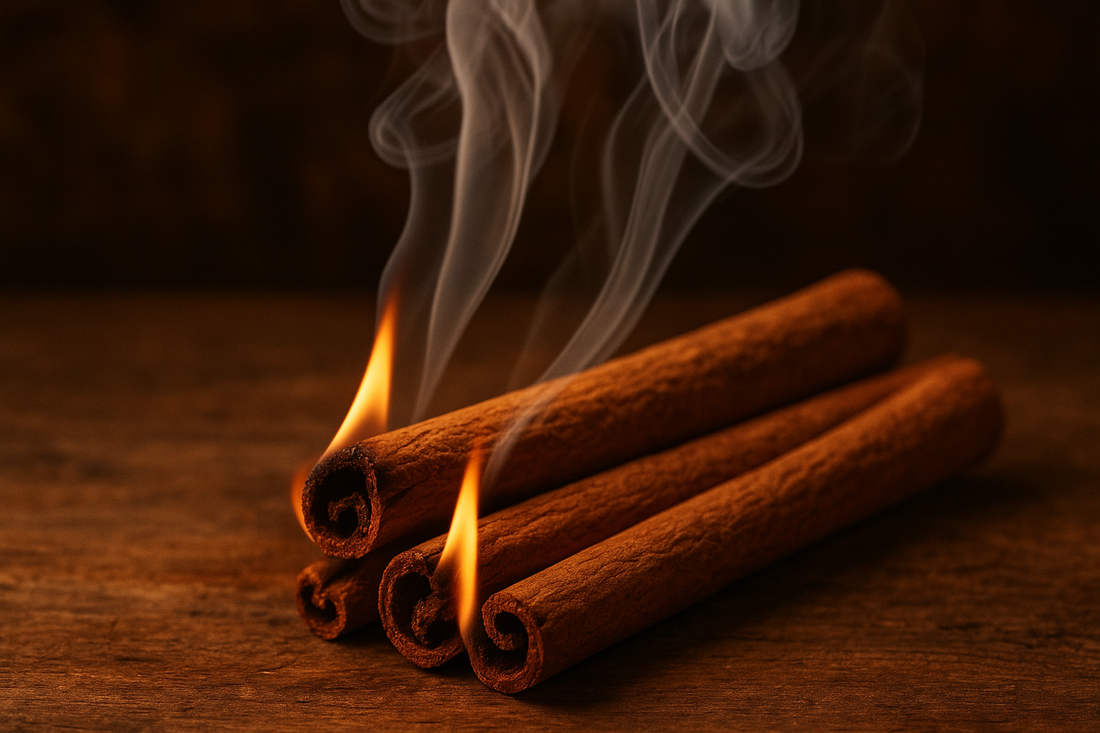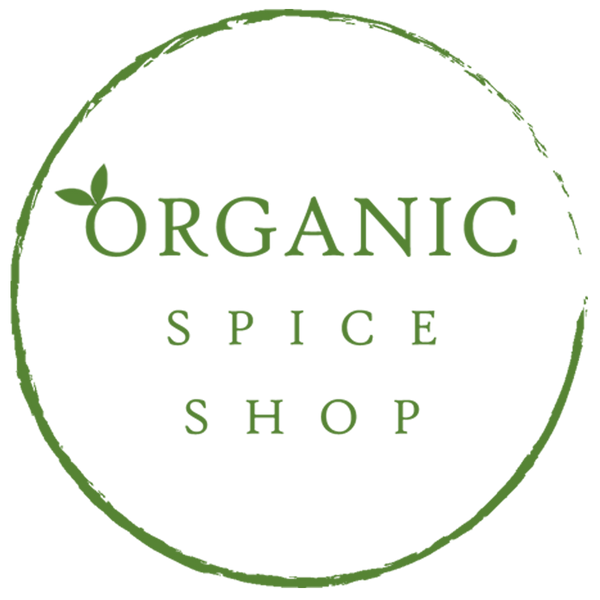
Why Cinnamon Smells Like Comfort
There are few aromas as instantly recognizable or as universally beloved as cinnamon. A single whiff can transport you to a bustling holiday kitchen, a cozy café, or a childhood memory of warm desserts fresh from the oven. But why does cinnamon carry this unique power? Why does its scent, more than so many others, seem to embody comfort, safety, and joy?
The answer lies in a fascinating mix of biology, chemistry, memory, and culture. And when it comes to quality, Ceylon cinnamon sticks and Ceylon cinnamon powder stand at the heart of this sensory experience.
How Our Sense of Smell Connects to Memory
To understand why cinnamon smells like comfort, we first need to know how scent works in the human brain. When aromatic molecules enter the nose, they bind to receptors in the olfactory system. From there, signals travel directly to the olfactory bulb, which is closely connected to the amygdala and hippocampus areas of the brain responsible for emotion and memory.
This direct pathway is unlike most of our senses, which take a detour through the thalamus before reaching higher brain regions. Smell, uniquely, has a shortcut to our emotional core. That’s why a familiar aroma can trigger a vivid memory or a deep emotional response almost instantly.
For many people, cinnamon is tied to powerful positive associations: family gatherings, festive baking, steaming mugs of cider, or even traditional remedies for colds. The scent doesn’t just smell good; it unlocks a sense of belonging.
The Chemistry Behind Cinnamon’s Aroma
Of course, comfort also has a chemical foundation. The main compound that gives cinnamon its distinctive scent is cinnamaldehyde, responsible for its sweet-spicy aroma and warm bite. Supporting compounds like eugenol, linalool, and caryophyllene add depth and subtle floral or woody notes.
Here’s where quality matters. Ceylon cinnamon, often called “true cinnamon,” has a softer, more delicate aroma than cassia cinnamon, which is harsher and sometimes overwhelming. If you’ve ever simmered a pot of tea with Ceylon cinnamon sticks or sprinkled Ceylon cinnamon powder into a cake batter, you’ll know the difference: the fragrance is lighter, sweeter, and far more refined.
Freshness also plays a role. Cinnamon powder, with its increased surface area, releases aromatic compounds more quickly than whole sticks. But sticks hold their aroma longer, making them ideal for slow infusions in drinks and stews.
Cinnamon’s scent doesn’t just appeal to the senses; it influences our minds and bodies. Research suggests that inhaling cinnamon aroma can reduce fatigue, improve alertness, and even lift mood. In one study, the smell of cinnamon helped drivers stay focused and less tired during long simulations.
But its most powerful effect may be emotional. Smell is closely tied to memory, and cinnamon is often linked to positive life moments: holiday baking, autumn traditions, or even cultural rituals where spices symbolize abundance and care. This is sometimes called the “Proustian effect,” the ability of a smell to unlock rich, emotional memories.
So when you inhale the aroma of cinnamon, you’re not just smelling a spice, you’re reliving a thousand comforting moments from your past.
Beyond biology and psychology, culture amplifies cinnamon’s reputation as the scent of comfort. Historically, cinnamon was one of the most valuable spices in the world, traded along ancient routes and even considered more precious than gold at certain times. In religious rituals, it symbolized purity and abundance.
In modern cultures, cinnamon shows up everywhere during the colder months. Think pumpkin spice lattes, mulled wine, apple pies, and cinnamon rolls. Its scent has become synonymous with warmth, festivity, and togetherness. Retailers even use cinnamon in sensory marketing, filling shops with its aroma to create a cozy, inviting atmosphere.
And again, Ceylon cinnamon plays a starring role in this tradition. With its gentle sweetness, it embodies the refined essence of comfort, unlike cassia’s sometimes overpowering bitterness.
How to Bring Cinnamon’s Comfort into Daily Life
The beauty of cinnamon is that it’s easy to incorporate into everyday routines—not just for flavor, but for its psychological comfort. Here are some practical ideas:
-
Simmering Sticks
Drop a few Ceylon cinnamon sticks into a pot of water with orange peels or cloves. Let it simmer gently to fill your home with a natural, cozy fragrance. -
Comfort in a Cup
Brew cinnamon tea by steeping sticks in hot water, or stir Ceylon cinnamon powder into your morning coffee or hot chocolate. The aroma will warm you as much as the drink itself. -
Baking Rituals
From cinnamon rolls to spice cakes, baking with cinnamon turns the kitchen into a hub of comfort. Using true cinnamon elevates both aroma and taste. -
Aromatherapy
Cinnamon essential oil, when used carefully in a diffuser, can create a calming yet energizing environment. Always choose high-quality oils derived from organic sources. -
DIY Home Fragrance
Combine organic spices like cinnamon, cloves, and nutmeg into a simple potpourri or sachet for closets and drawers.
Not all cinnamon is created equal. The cinnamon most commonly found in supermarkets, cassia, has a sharper aroma and contains high levels of coumarin, a compound that can be harmful in excess. Ceylon cinnamon, however, contains very little coumarin, making it safer for regular use and far superior in fragrance.
When you’re trying to capture the scent of comfort, choosing Ceylon cinnamon sticks or Ceylon cinnamon powder makes all the difference. Their delicate sweetness and refined aroma create a soothing, uplifting experience that cassia simply can’t match.
Individual Differences and Sensory Limits
It’s worth noting that not everyone experiences cinnamon’s scent in the same way. Personal memories, cultural background, and even genetics shape how we perceive smells. For some, cinnamon might recall comfort food; for others, it could remind them of strong medicines or unfamiliar dishes.
Intensity also matters. While a gentle waft of cinnamon is pleasant, too much can be overwhelming, even irritating. Like many things in life, balance is key.
The scent of cinnamon is more than a kitchen fragrance; it’s a psychological anchor, tying together biology, culture, and memory. When you inhale the warm, sweet aroma of Ceylon cinnamon sticks or sprinkle Ceylon cinnamon powder into your food, you’re not just adding flavor. You’re engaging with centuries of tradition, awakening your emotional core, and surrounding yourself with comfort.
In the end, cinnamon’s magic isn’t just about molecules or marketing. It’s about the way a scent can make us feel safe, cherished, and at home. That’s why cinnamon will always smell like comfort and why reaching for true Ceylon cinnamon makes the experience even more special.
